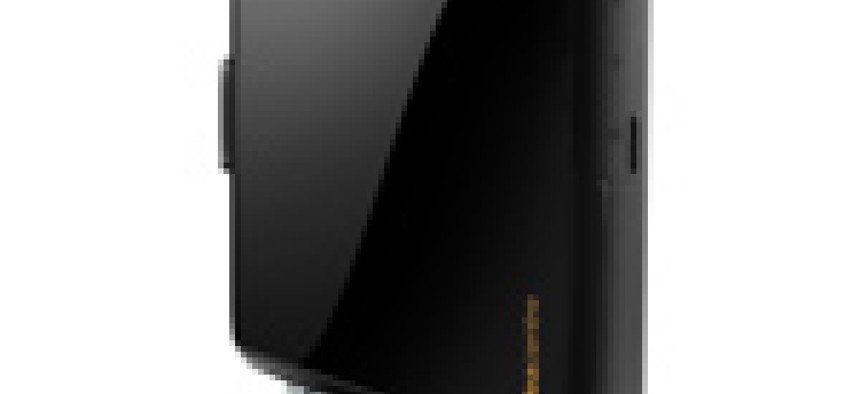Footprint? This desktop PC has a toeprint


Connecting state and local government leaders
The Lenovo IdeaCentre Q150 might be among the tiniest desktops, but it holds up pretty well in our tests.
Sometime in the late 1960s, the computing world pretty much relinquished the notion that bigger is better. From that point on, smaller was the way to go, and computers kept shrinking. We now have full-function desktop computers that are almost pocket-sized — and literally pocket-sized if you are talking about lab coat pockets.
But despite the popularity of a lot of small devices, the nettop computer hasn’t received a lot of attention in the government market. Taking up about as much or even less space than an external hard drive or optical drive, these extremely small computers might be too small in the minds of the average network administrator. Administrators might have a preconceived notion that such a device might not be powerful enough for most common office tasks, when in fact the computers are more than adequate.
The IdeaCentre Q150 from Lenovo is one such nettop computer. It’s small case measures 7.8 inches by 6 inches by 0.875 inches, and that is with the small stand that attaches to it. We don’t often report a desktop computer’s weight, but we felt we should in this case. It weighs 1 pound, 12 ounces, again including the stand. If your desks are as busy as ours here at the GCN Lab, then you would probably appreciate having a lot of space being freed by using a smaller computer. To save even more space, you can even attach it by a bracket to the back of a compatible monitor.
Lenovo IdeaCentre Q150
Pros: Extremely small footprint; low power usage.
Cons: No parts access; no upgradability.
Performance: B-
Power usage: A
Upgradability: C+
Features: B+
Value: A
Price: $399 ($319 government)
On the back of the IdeaCentre’s narrow edges are ports for VGA, HDMI, USB 2.0(x2), 10/100 Ethernet and sound in/out. On the opposite side is a plastic cover that opens to reveal two more USB 2.0 ports and a Sony Philips Digital Interface port for digital audio. For such a small device, that is a good number of ports. Its 500G hard drive is more than roomy enough for typical office use for quite a while.
The major weakness of the IdeaCentre is somewhat obvious: room for upgrades. To put it bluntly, there is none, short of external USB devices. We couldn't even find a way to open the case without going so far as to risk breaking it. So if you wanted to replace existing components, that option is out. But that’s the nature of the beast, and anyone buying a nettop computer shouldn’t be expecting massive upgrade capacity, or any at all.
We ran the PassMark Performance Test Version 7 benchmark suite to gauge the IdeaCentre’s performance in several areas. It achieved an overall score of 374.5, which makes it a bit more powerful than a netbook or other ultra-portable laptops but significantly less than a fully tricked-out desktop PC.
We set the functionality of most office programs at about 300 on the benchmarks, so the IdeaCentre is above that mark. It works well for things such as Microsoft Word and Outlook and can squeak by with programs such as Adobe Photoshop if you are doing light editing. Its 1.66 GHz Intel Atom D510 processor and 2G of memory managed to hold their own fairly well. However, the Nvidia Ion graphics accelerator did not do as well as we would have expected with 3-D graphics, though it was able to display most 3-D tests.
Although people might have the perception that nettop computers could only be useful for extremely simple tasks such as e-mail or Web browsing, the IdeaCentre’s performance benchmark proves otherwise. It can handle most general office-related tasks quite ably. And it doesn’t use a lot of power.
Lenovo has set the retail price for the IdeaCentre Q150 at $399, which is a bit more expensive than we would like. However, the government price of $319 definitely makes this computer a good deal.
The IdeaCentre Q150 would be ideal for the network administrator who has a whole bunch of users who need basic office functionality. That would be especially true if desk space is a major concern.
Lenovo, www.lenovo.com




